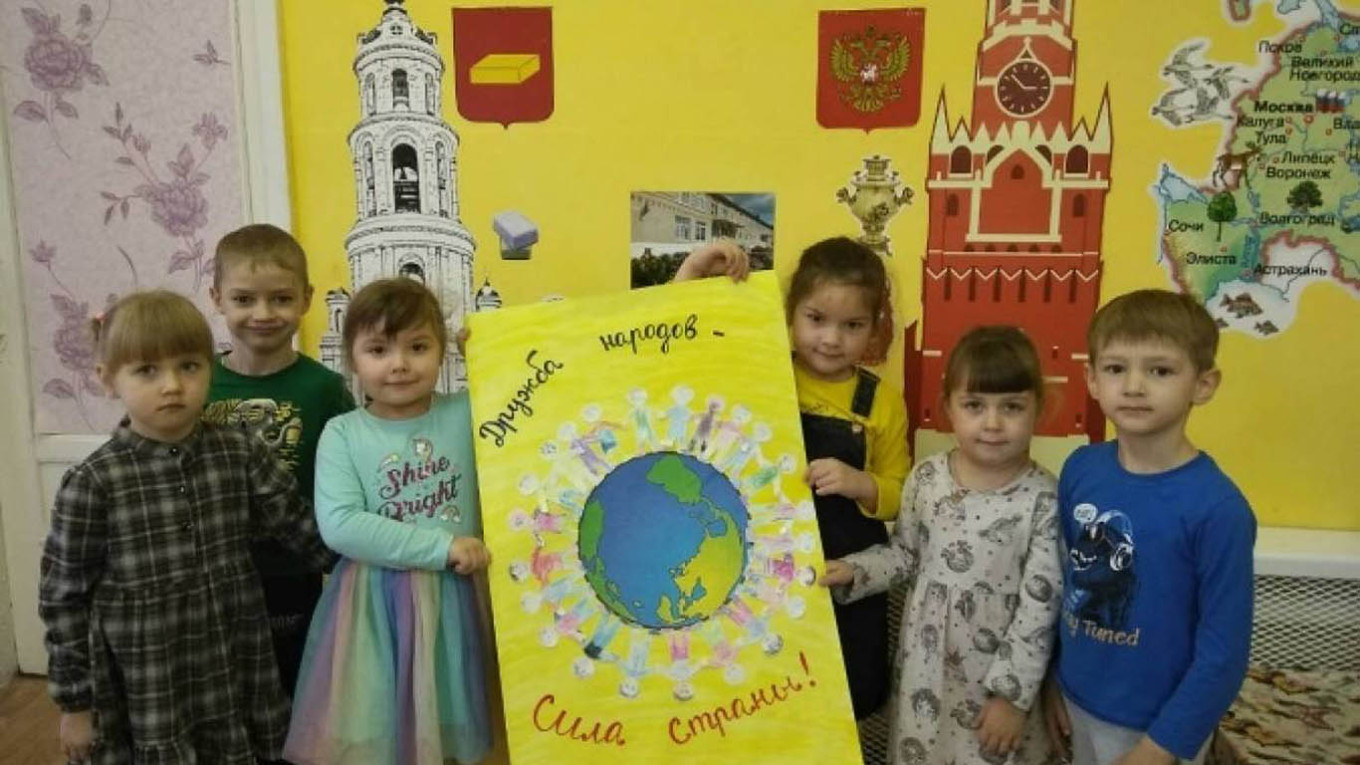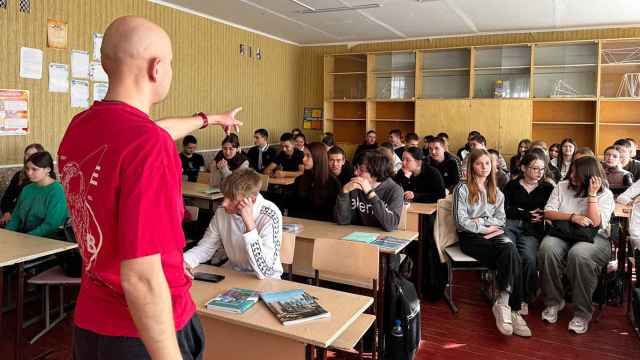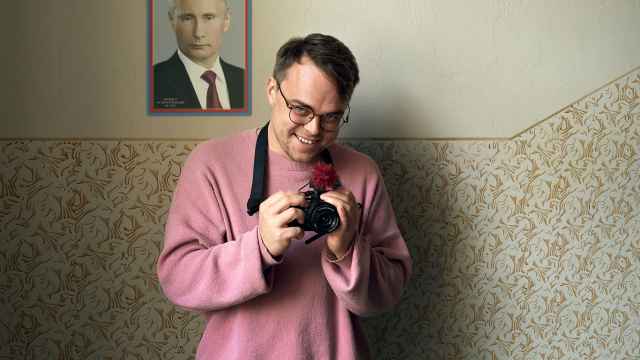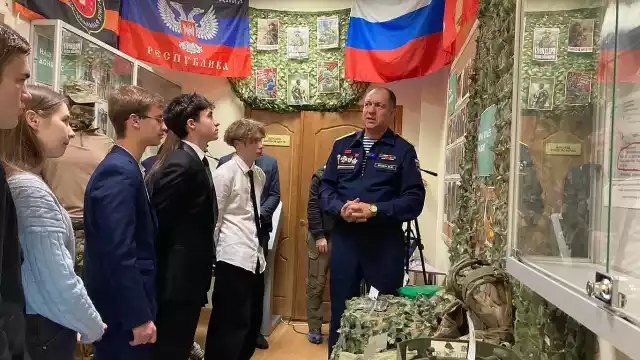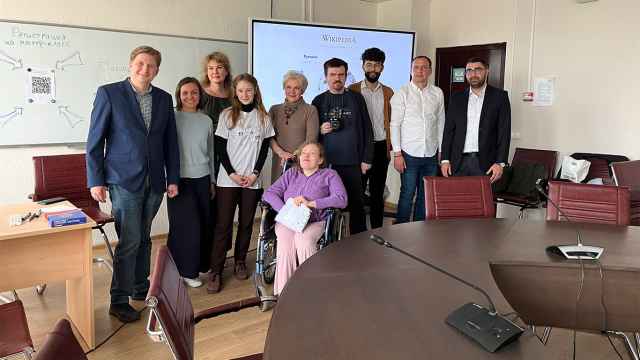Starting on Sept. 1, trial runs of “Important Conversations” began in kindergartens — targeting children as young as three to seven in over 100 kindergartens across Russia and occupied Ukraine, including in Moscow.
By the end of the school year, it will be decided whether to roll them out in all kindergartens in Russia. It is reasonable to assume that will be the case, as President Vladimir Putin publicly endorsed the initiative.
This news hit me hard because we can already predict the outcome with precision. The younger you indoctrinate a child, the harder it is to set them right.
A famous study from Columbia University revealed just how deeply Nazi indoctrination in kindergartens and schools had shaped the consciousness of elderly Germans. Those who were indoctrinated at age six or seven often never managed to escape the ideology’s grip, even after the long, difficult process of denazification. By contrast, those exposed at 14 or 15 disentangled themselves relatively easily.
Children under seven believe adults unconditionally, unable to doubt their authority. Later, when confronted with obvious truths that contradict the values instilled in childhood, they often retreat defensively into comfortable, long-held fictions.
Teachers in postwar Germany and post-Soviet Russia pivoted with surprising ease. But that does not mean they cannot swerve back in the opposite direction.
As usual, the content of these classes is outlined in vague themes of kindness, honesty and justice.
But, of course, the curriculum demands “knowledge of history, respect for Russia’s culture and love for the Motherland.” What that really means is easy to see — just flip through the state-approved history textbooks and remember that this is part of a propaganda project designed to last 13-14 years to shape the next generation.
Don’t be fooled: the outwardly soft and vague themes of these classes is a soft entry to a darker state-dictated ideology. If ordered to raise the rhetorical temperature, teachers will be steered toward teaching children that Ukrainians are “Ukro-Nazis” and with “Judeo-Banderites.” Especially talented teachers can combine this fear-mongering with a warm, loving message to sweeten the poison. The Hitler Youth program followed the same principle.
After Communism fell, the Soviet-era requirement for schools to inculcate children with the state ideology was scrapped. Political activity or agitation of any kind in schools was explicitly banned. Ironically, that ban still exists today, though indoctrination that serves an “educational function” has crept back in.
The Columbia study also showed indoctrination is most successful when built on preexisting societal prejudices. In the case of Russia, this is the long-stoked fear that the country is surrounded by enemies, first foreign, then hidden internal agents of influence. This fear was deliberately cultivated for decades.
Another deeply embedded idea is that of Russia’s special status. Only the state can protect us from external enemies who supposedly live only to impose an alien way of life. Thus, a fully indoctrinated Russian will conclude that they will never know the whole truth and they are powerless, even if they did.
Step by step, systematic manipulation hollows out independent morality. It was once unthinkable to bring a convicted murderer into a classroom to share his “experience.” Now, so-called “special military operation veterans” — men, often straight out of prison, who killed Ukrainian schoolchildren — roam schools.
Each example of moral erosion is harder to ignore. Yet people do ignore it, while a new morality takes root before our eyes.
Indoctrination also seeps in through youth groups and children’s camps. In early Putinism, the clumsy youth group Nashi was mostly a money-laundering scheme, remembered for tasteless stunts. Today’s organizations are far more systematic. Take the Movement of the First, which screws itself tightly into daily life. Russian friends tell me neighbors and relatives are thrilled that kids can go to “excellent camps with an ideological bent” instead of jumping off garages or scrolling TikTok.
It is a cleverly designed tactic. Who could oppose unity, solidarity and helping the weak?
But the idea that you must help the weak is easily followed by the idea that you should defend them with violence. Hence, weaving camouflage nets for use in conflict or drafting teenagers into drone assembly plants. Neither parents nor their children are told that they are not only building weapons to kill innocent people, but also becoming legitimate military targets.
So, what can parents do to resist this deliberate spiral of hate?
Some parents remain apolitical, trying to live as though war doesn’t exist, hoping their children will be unaffected. Sadly, the evidence shows that it will affect them — inevitably.
One woman from St. Petersburg told me, in tears, that her first-grade nephew, by springtime, was spouting about “Ukro-fascists who want to destroy us,” flying into rage at anyone who showed insufficient respect for Putin. His mother thought he would be too young to fall down that rabbit hole. But it happened — and quickly.
Others have gone to extremes: one couple went underground with their two daughters, cutting off all ties with the state to shield them.
The first step to protecting your children is recognizing the danger is real and immense. Without that, no further action makes sense.
Choose your child’s school carefully. Not all schools are fully indoctrinated, yet. Visit, ask questions, meet directors, teachers and parents. If transparency is denied, avoid that school.
Home education is an alternative. The 1993 education law gives families the full legal right to homeschool. Many imagine this means endless hours of parental teaching. But in reality, study groups with tutors or teaming up with other home educators work well practically and financially. Many university students offer tutoring services to earn a little extra money alongside their studies. But it is important that all tutors share the parents’ values and the ultimate responsibility for children rests with their parents.
Compared to younger children, there is more hope for teenagers. Adolescents are naturally skeptical of adults, even their parents. They may listen but prefer to think and act for themselves. If they received sound moral foundations in childhood, they can resist propaganda.
But the teenage years are too late to build that resilience. Then even the best advice will be rejected.
There is no simple way to shield a child from propaganda. In 2022, many parents I spoke to resolutely told me they would withdraw their children from school if they felt they were being indoctrinated. But in practice, their red lines kept being crossed without triggering a response: first came flag ceremonies, then lessons on “what matters,” then Ukraine war veterans teaching in classrooms, now classes on Russia’s spiritual foundation and special destiny. Every time, parents say that they will manage. But without decisive action, their children risk being swept along.
I don’t judge or condemn these parents. All I can do is repeat my warning that you can't count on hope that this madness will pass, especially when even the smallest signs of indoctrination appear at your child’s school. Proceed with the assumption that they won’t.
I’m not talking about upending your lives or making sacrifices. This is about saving your children.
A Message from The Moscow Times:
Dear readers,
We are facing unprecedented challenges. Russia's Prosecutor General's Office has designated The Moscow Times as an "undesirable" organization, criminalizing our work and putting our staff at risk of prosecution. This follows our earlier unjust labeling as a "foreign agent."
These actions are direct attempts to silence independent journalism in Russia. The authorities claim our work "discredits the decisions of the Russian leadership." We see things differently: we strive to provide accurate, unbiased reporting on Russia.
We, the journalists of The Moscow Times, refuse to be silenced. But to continue our work, we need your help.
Your support, no matter how small, makes a world of difference. If you can, please support us monthly starting from just $2. It's quick to set up, and every contribution makes a significant impact.
By supporting The Moscow Times, you're defending open, independent journalism in the face of repression. Thank you for standing with us.
Remind me later.



